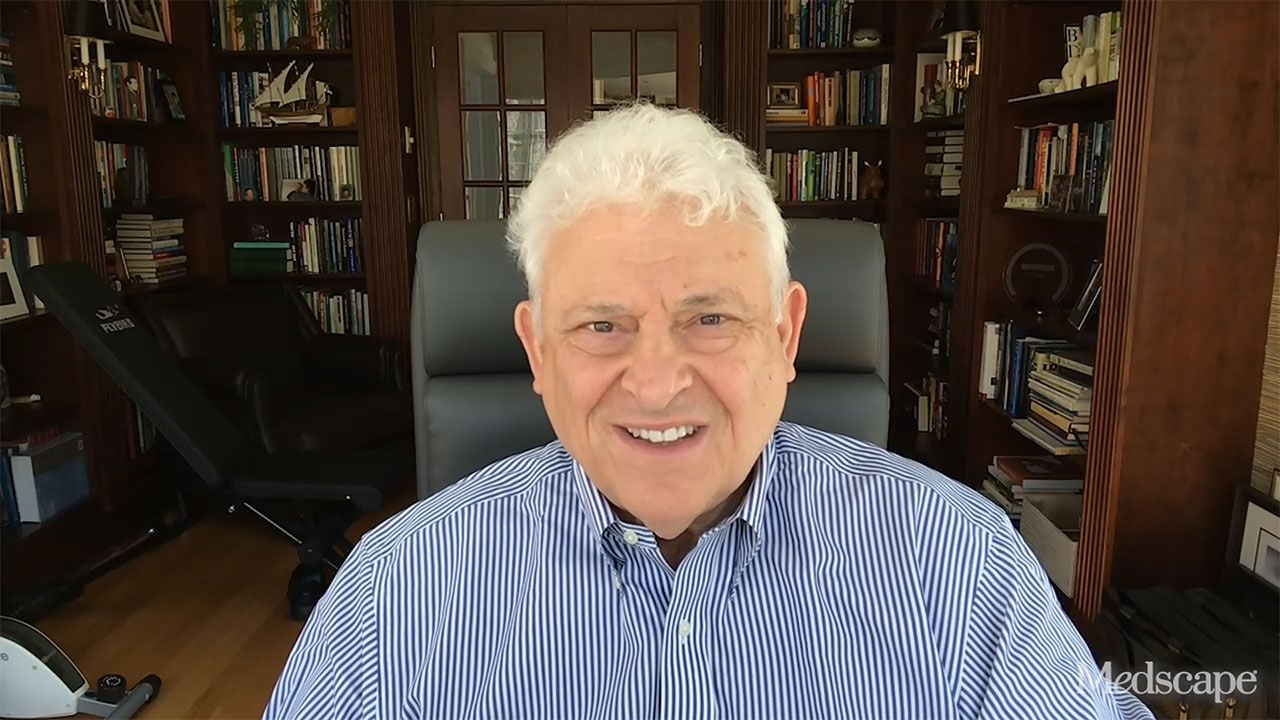EMTALA Applies to Pregnancy and Abortion Emergencies, Ethicist Argues
Core Concepts
EMTALA, the federal law requiring emergency rooms to stabilize and treat patients, should apply to pregnant women in medical emergencies, even in states with strict abortion bans.
Abstract
The content discusses the implications of the Supreme Court's Dobbs decision, which overturned Roe v. Wade and returned the regulation of abortion to the states. The author, a medical ethicist, argues that the federal Emergency Medical Treatment and Active Labor Act (EMTALA) should still require emergency rooms to provide stabilizing treatment for pregnant women, even in states with complete bans on abortion.
The author contends that EMTALA was intended to cover pregnant women in emergency situations, as evidenced by the inclusion of "active labor" in the law's name. He asserts that denying emergency abortion care to women whose lives are in peril would be "barbaric, unprofessional, unethical medicine." The author believes that EMTALA should override state laws that completely prohibit abortion, as the federal law prioritizes the health and life of the pregnant woman over the potential life of the fetus.
Does EMTALA Apply to Pregnancy, Abortion? Ethicist Says Yes
Stats
"There are any number of important cases moving through Supreme Court review, and there's the battle over mifepristone, the abortion pill, that many women use."
"Idaho has argued that there's nothing about this federal law that should interfere with the state's right. I think there are about 12 other states with equally broad bans on abortion."
"If we suspect they're in deep trouble or they might die, and the only way to handle that is through an abortion of a pregnancy to stabilize them, then that has to happen. It just does."
Quotes
"The idea that you're going to have women showing up in emergency rooms — and there are not many of them, but when they happen — who need treatment to stabilize something that's gone very wrong in a pregnancy and their lives are at issue… You shouldn't have a situation where you have to wait until you're sure they're going to die before you intervene."
"It's like saying we will treat heart attack patients in the emergency room, but in order to do so, we want to make sure they're really having a heart attack, so when they're almost dead, we will intervene. You wouldn't put up with that, and we shouldn't."
"When you have 'active labor' as part of the name of the law, it seems to me that you have to be more ideological than legal in trying to interpret whether the federal law trumps, beats, or overrides the state law."
Key Insights Distilled From
by Arthur at www.medscape.com 05-28-2024
https://www.medscape.com/viewarticle/does-emtala-apply-pregnancy-and-abortion-ethicist-says-yes-2024a10009if
Deeper Inquiries
How might the Supreme Court rule on the potential conflict between EMTALA and state abortion bans?
The Supreme Court could potentially rule in favor of upholding the Emergency Medical Treatment and Active Labor Act (EMTALA) in cases where women require emergency abortion care. Given the clear intent of EMTALA to ensure that patients, including pregnant women in active labor, receive necessary medical treatment to stabilize their health, the Court may prioritize the protection of women's health and lives over state laws that seek to restrict or ban abortions. The name of the act itself, emphasizing "active labor," suggests that Congress intended for pregnant patients facing health emergencies to receive appropriate care, which could include the option of terminating a pregnancy if necessary to safeguard the woman's well-being.
What are the potential unintended consequences of states attempting to restrict emergency abortion care under EMTALA?
States attempting to restrict emergency abortion care under EMTALA could lead to severe consequences for women in urgent need of medical intervention during pregnancy complications. By imposing bans or limitations on emergency abortions, states may force healthcare providers to delay or deny critical treatment to stabilize a woman's health, potentially endangering her life. This could result in increased maternal mortality rates, preventable health complications, and violations of medical ethics by withholding necessary care in emergency situations. Additionally, such restrictions could infringe upon women's rights to access timely and appropriate healthcare, undermining their autonomy and well-being.
How might the debate over EMTALA's applicability to abortion impact the broader discussion around the balance of federal and state powers in healthcare regulation?
The debate over EMTALA's applicability to abortion has the potential to influence the broader discussion on the balance of federal and state powers in healthcare regulation. By addressing the conflict between federal laws like EMTALA and state laws that seek to restrict abortion rights, the debate highlights the complexities of healthcare governance and the protection of patient rights. It underscores the importance of ensuring consistent and equitable access to emergency medical care, regardless of state regulations or restrictions. This debate may prompt discussions on the role of federal mandates in safeguarding patient welfare, the limits of state authority in healthcare decision-making, and the ethical considerations involved in balancing federal and state powers to uphold patient-centered care and medical ethics.
0
